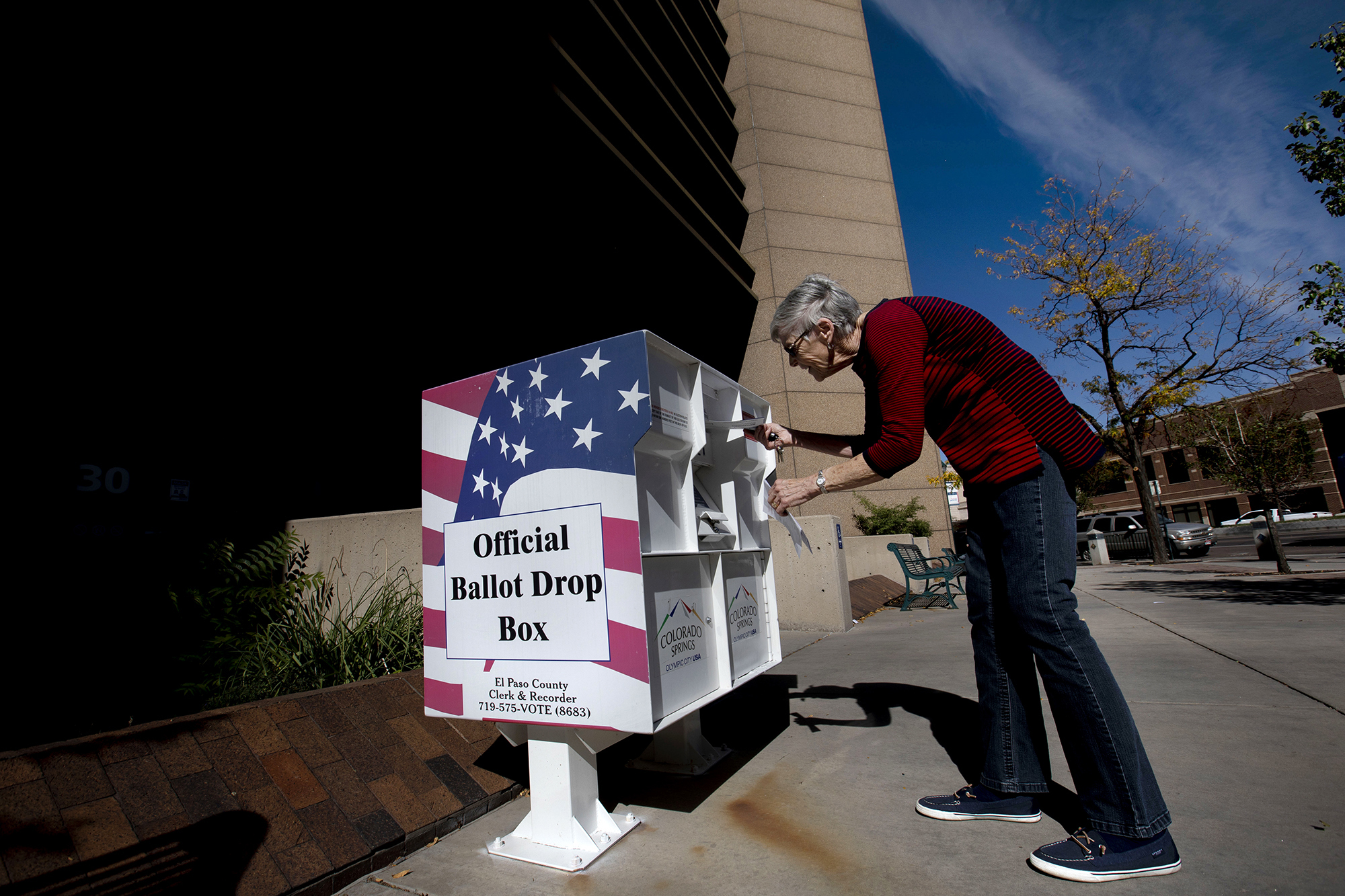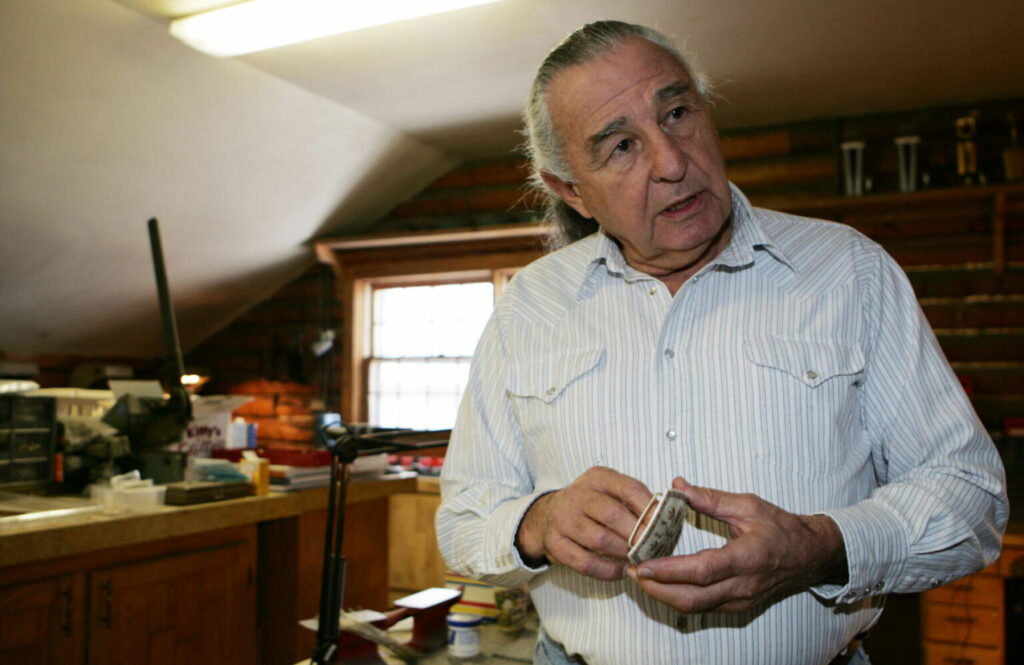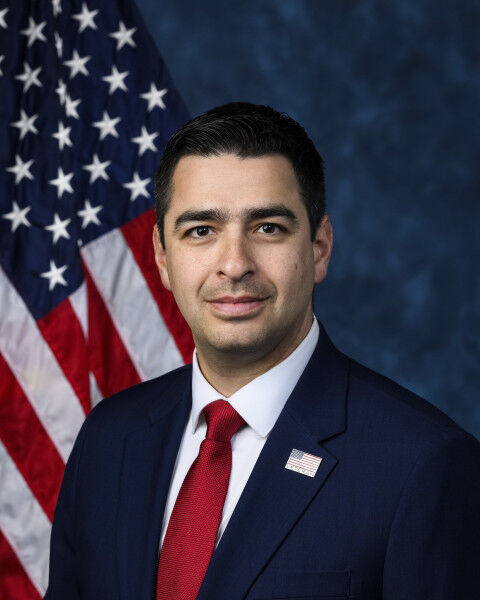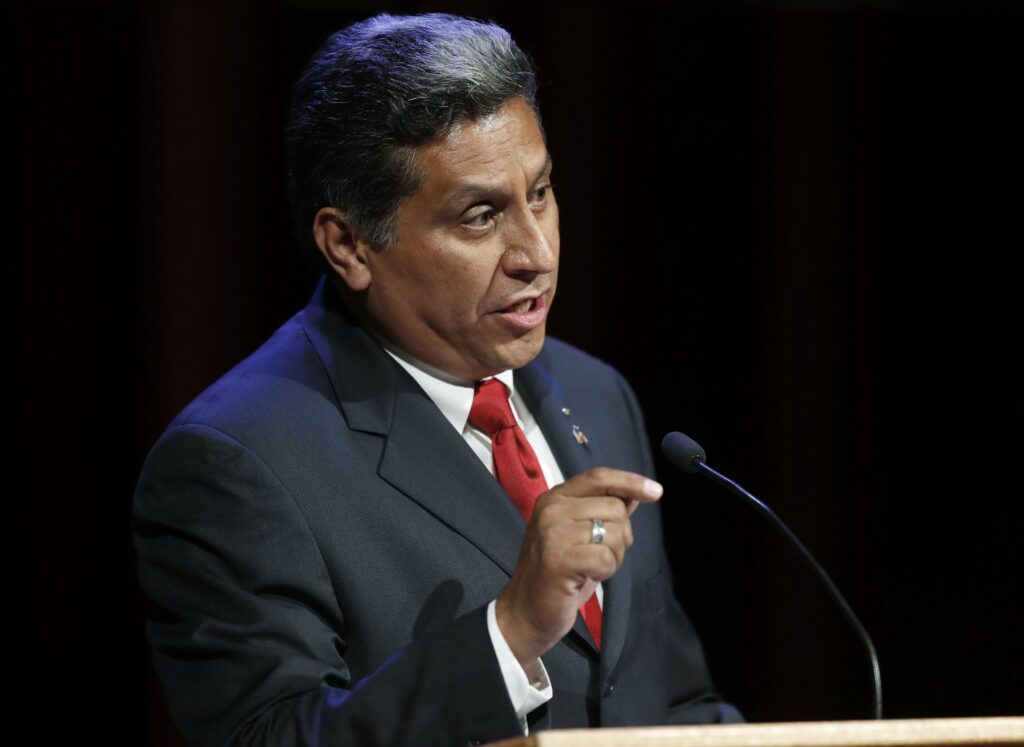Title Board to consider proposed ballot initiative ending vote-by-mail

A proposed ballot initiative that would do away with mail voting in Colorado, forbid the use of drop boxes and require a fingerprinted “government-issued elector card” when voting will appear before the Title Board on Wednesday.
Initiative #38 “significantly increases” costs for elections officials, according to a nonpartisan fiscal analysis. The measure would force county clerks to operate a greater number of polling places and develop new elections procedures. At the Department of State, there would be changes to the statewide voter registration system, the ballot access system, the campaign finance tracking system and post-election risk limiting audit software.
There may also be increased expenditures for the state’s court system, as felony offenses related to election fraud or voter intimidation would merit 10 days in jail and a $250 fine per “illegal ballot.”
The designated representatives for the initiative are Margot Herzl of Littleton, who was a Libertarian candidate for the state House of Representatives last year, and Anna Omsberg of Bailey. The Title Board’s duty is to set a ballot title to appear before voters if the board determines a proposed measure contains a single subject as the constitution requires. Proponents then have the opportunity to collect signatures to place the measure on the statewide ballot.
Among its features, Initiative #38 states clearly that “Drop boxes will end.” People who are ill or absent from the state on Election Day may vote absentee, but “[a]ll other electors vote in person.” Instead of voter registration being allowed through Election Day, as is the law currently, the initiative would close voter rolls at 25 days prior to an election.
“Elector cards shall be mailed first class 20 days before elections to all electors on voter rolls,” the measure indicates. Such documents would take the form of an “encoded, laminated elector card with a full face, clear, elector photograph after age 17, full name, fingerprint, date of birth, and unique elector number.”
It is not apparent that any state currently requires a fingerprint to cast a ballot. The Oklahoma legislature considered a bill last year to that effect, but it died in committee.
The General Assembly’s analysts who reviewed the measure raised several concerns about how the initiative would operate, given the lack of specificity included. For instance, it is unclear who will take the fingerprints, what their purpose is relative to casting a ballot, or whether they will be stored as part of voter registration records that are subject to public inspection.
Changes to voter registration would also need to take place in person or via video with elections officials. The act of registering to vote would be “neither promoted nor discouraged.”
The Brennan Center for Justice noted that legislative sessions across the country began in 2021 with far more voting bills introduced compared to the prior year. The organization cited a “rash of baseless and racist allegations of voter fraud and election irregularities” that some Republicans have spread following the 2020 election.
In December, the U.S. Attorney’s Office for Colorado gave the state an award for the security of its general election, which featured both high turnout and high use of mail ballots.
“Coloradans can be proud of their election system and the professionals who make it safe and secure,” said then-U.S. Attorney Jason R. Dunn.













